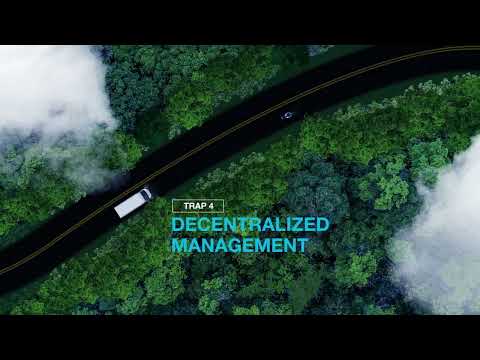-
What We DoFrom fleet management and productivity solutions to upfitting, fabrication, and insurance, Holman has the integrated automotive services expertise to keep your business moving.OVERVIEW
-
SolutionsWith a strategic solution that works for you and your business, you can unlock revenue-generating opportunities and begin managing your fleet as an investment.OverviewSolutions by IndustryHolman's fleet expertise covers nearly every vertical industry. No matter your field, we can meet your fleet challenges head on.Solutions by IndustryPersonalized SolutionsEvery company has its own unique set of challenges and considerations when it comes to fleet management. Holman offers customizable solutions to fit your needs.Build Your Own
-
ResourcesWe have a lot to share. Browse our resources library for current insights, data, strategies, and success stories from our own experts in their respective fields.Overview
-
About UsWhen Holman was founded in 1924, we set something positive in motion. Our consistent focus on people and our commitment to integrity make us who we are today.Overview
 Join Our TeamWe’re not just in the automotive business, we’re in the people business. Join us for the ride.Browse Careers
Join Our TeamWe’re not just in the automotive business, we’re in the people business. Join us for the ride.Browse Careers
United Auto Workers Strike: Will Your Fleet Be Affected?
Holman Marketing
September 15th, 2023

At midnight on September 15th, the United Auto Workers (UAW) officially launched a strike against General Motors, Ford, and Stellantis, marking the first time the union has taken action against all three automakers simultaneously. Despite negotiation efforts, neither side could come to an agreement before labor contracts expired.
The first action taken? A walkoff of about 13,000 workers at three plant locations: a GM site in Wentzville, Missouri; a Stellantis facility in Toledo, Ohio; and a Ford assembly center in Wayne, Michigan, where picketing also took place. The three locations chosen, however, do not represent the production of top-selling vehicles for the automakers.
For the time being, assembly will continue at the remaining 22 OEM plants
Originally posted September 13th, 2023
This strike has the potential to worsen current supply chain difficulties that could affect a range of stakeholders, including fleet operators, transporters, upfitters, and more. Other short-term ramifications may include temporary closure to parts, production, and vehicle replacement.
“Successful negotiations are crucial not only for our customers but also for the entire automotive industry. The potential UAW strike has the power to disrupt the supply chain and significantly impact the North American economy. We hope the UAW and the OEMs agree upon a mutually beneficial solution.”
How Could This Affect Your Fleet?
According to J.P. Morgan, the involved OEMs “represent about 40% of light vehicle auto sales (by units) in the U.S., and IHS Markit estimates that a strike would disrupt North American vehicle production by roughly 75%.” Your fleet likely be most impacted by the following:
- Shortages: A lack of vehicles can create challenges in obtaining specific models tailored to your organization.
- Increased Costs: Vehicle shortages may lead to elevated acquisition expense due to increased pricing or availability of your desired model and trim.
- Parts and Service Interruptions: Limited availability of parts could severely inhibit vehicle service and replacement capabilities.
“Any disruption to OEM production or logistics, as a result of a UAW strike, will undoubtedly add to the instability of an already weakened supply chain that’s still trying to recover from the impacts of the pandemic.”
What’s Within Your Control?
The best way to handle any disruption is to remain flexible so that you can capitalize on any opportunities to make progress on your long-term strategies.
“Ideally you should be planning your acquisition budgets 18-24 months in advance and achieving the needed approvals. Shifts in ordering windows, changes in vehicle availability and the need to expand relationships with multiple providers all may require you to take action quickly.”
Even during optimal circumstances, managing the details of your fleet requires a bit of juggling. Don’t hesitate to reach out to our Holman experts for the solutions and support needed to keep your fleet running smoothly.
Stay tuned. We will continue to update the details of this story as the situation unfolds.
Related Resources
Explore more related industry news, insights, and developments.
It looks like you've navigated to our Holman CA website and are located outside of this region. Would you like to continue or select a different region?
✕








